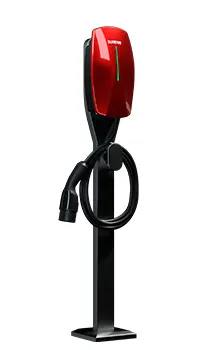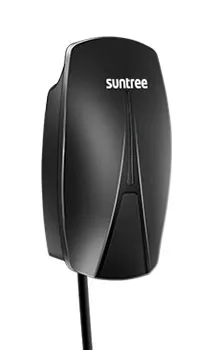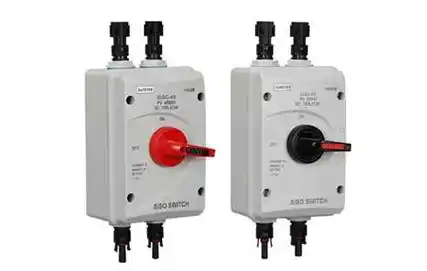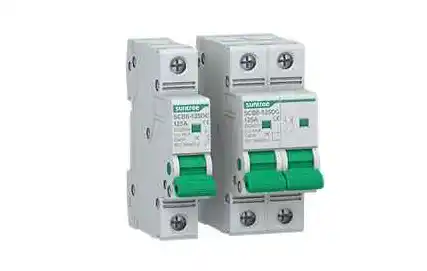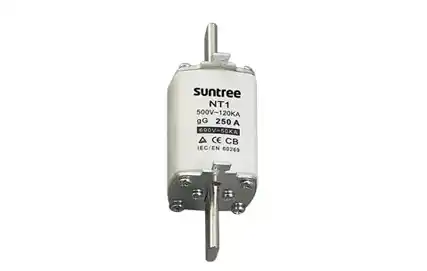What is the difference between AC EV charger and DC EV charger?
Electric vehicles (EVs) have become increasingly popular in recent years as environmentally friendly alternatives to traditional gasoline-powered vehicles. One crucial aspect of EV ownership is charging, and there are two primary types of chargers: AC (alternating current) and DC (direct current). Understanding the differences between these chargers is essential for EV owners and infrastructure planners alike.
AC EV Charger:
AC EV chargers are the most common type of chargers found in homes, workplaces, and public charging stations. These chargers are designed to convert AC electricity from the grid into the DC power required to charge the vehicle's battery.
Voltage and Current: AC chargers typically operate at lower voltages (usually 120V or 240V) and can deliver power at varying currents, commonly up to 32 amps.
Charging Time: The charging time for AC chargers is relatively longer compared to DC chargers. This is because AC chargers deliver power at a slower rate, making them suitable for overnight or extended charging sessions.
Compatibility: AC chargers are compatible with most EVs on the market, as they utilize the same charging standard (J1772 or Type 2 connector in Europe).
Cost: AC chargers are generally less expensive to install compared to DC chargers, making them a cost-effective option for residential and commercial charging infrastructure.
DC EV Charger:
DC EV chargers, also known as fast chargers or rapid chargers, are designed to deliver high-voltage DC power directly to the vehicle's battery, bypassing the vehicle's onboard charger.
Voltage and Current: DC chargers operate at higher voltages (usually 200V to 1000V) and can deliver power at much higher currents, commonly ranging from 50 kW to 350 kW.
Charging Time: DC chargers offer significantly faster charging times compared to AC chargers. With charging rates measured in minutes rather than hours, DC chargers are ideal for on-the-go charging at highway rest stops or public charging stations.
Compatibility: While most modern EVs are equipped with onboard DC fast charging capability, not all vehicles support the highest charging rates offered by DC chargers. Additionally, there are multiple DC charging standards, including CHAdeMO, CCS (Combined Charging System), and Tesla Supercharger, which can lead to compatibility issues for some EV owners.
Cost: DC chargers are more expensive to install and operate compared to AC chargers due to their higher power output and specialized equipment requirements. As a result, they are typically deployed at strategic locations along highways and major travel routes.
Conclusion:
In summary, AC and DC EV chargers serve different purposes and cater to distinct charging needs. AC chargers are suitable for overnight and extended charging sessions at home or work, while DC chargers provide rapid charging capabilities for on-the-go EV owners. Understanding the differences between these chargers is essential for building a reliable and efficient EV charging infrastructure to support the widespread adoption of electric vehicles.




